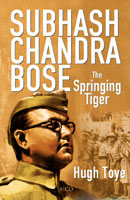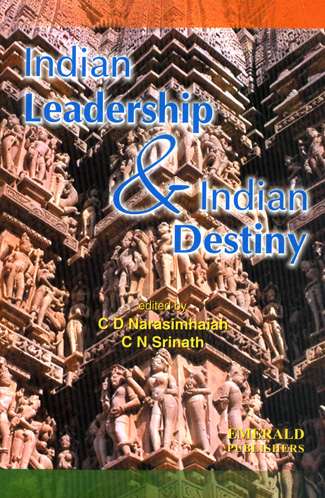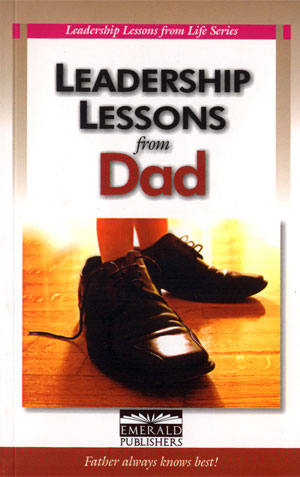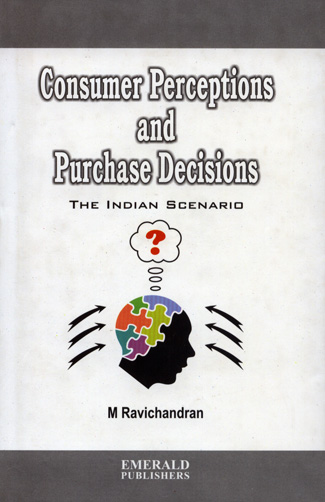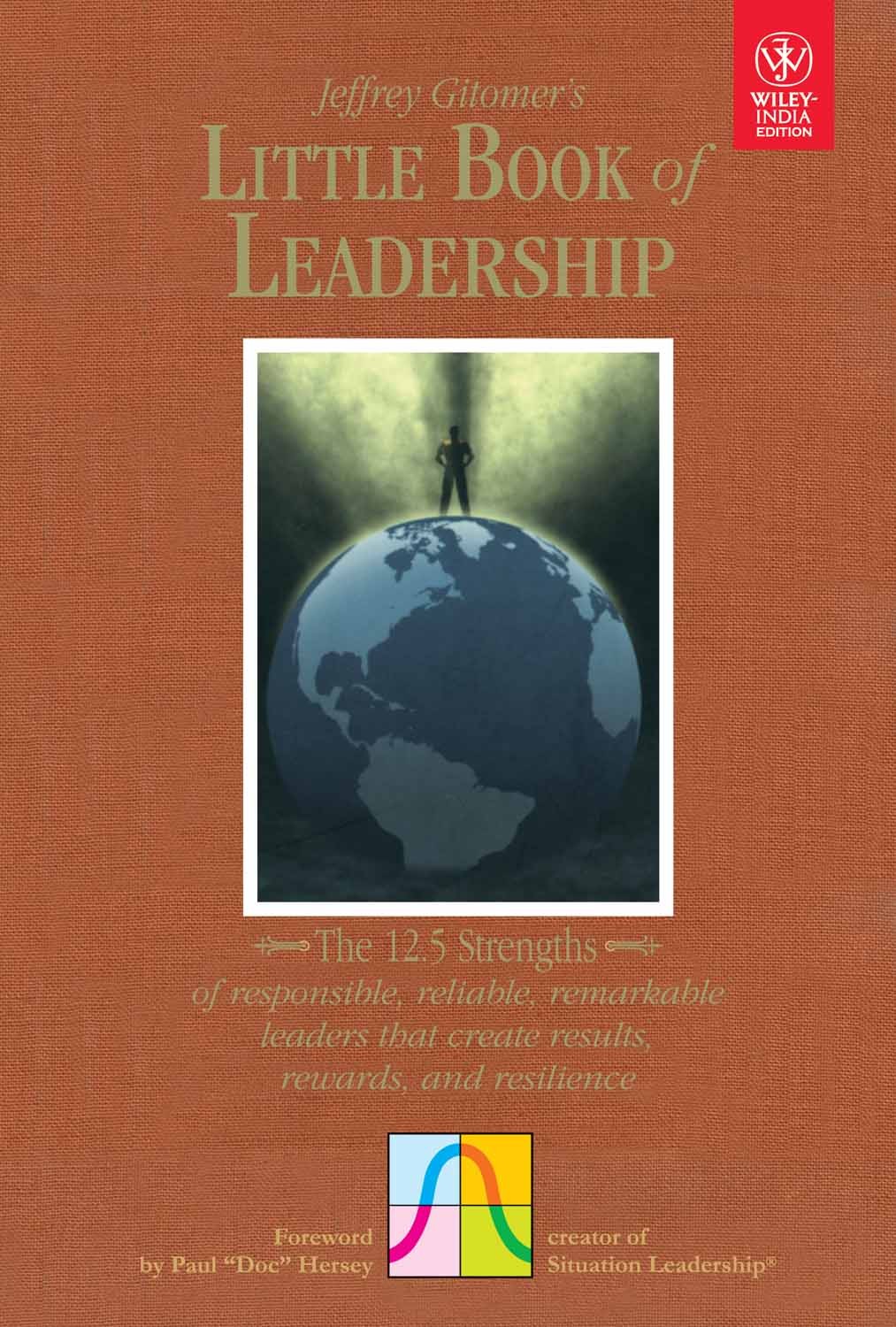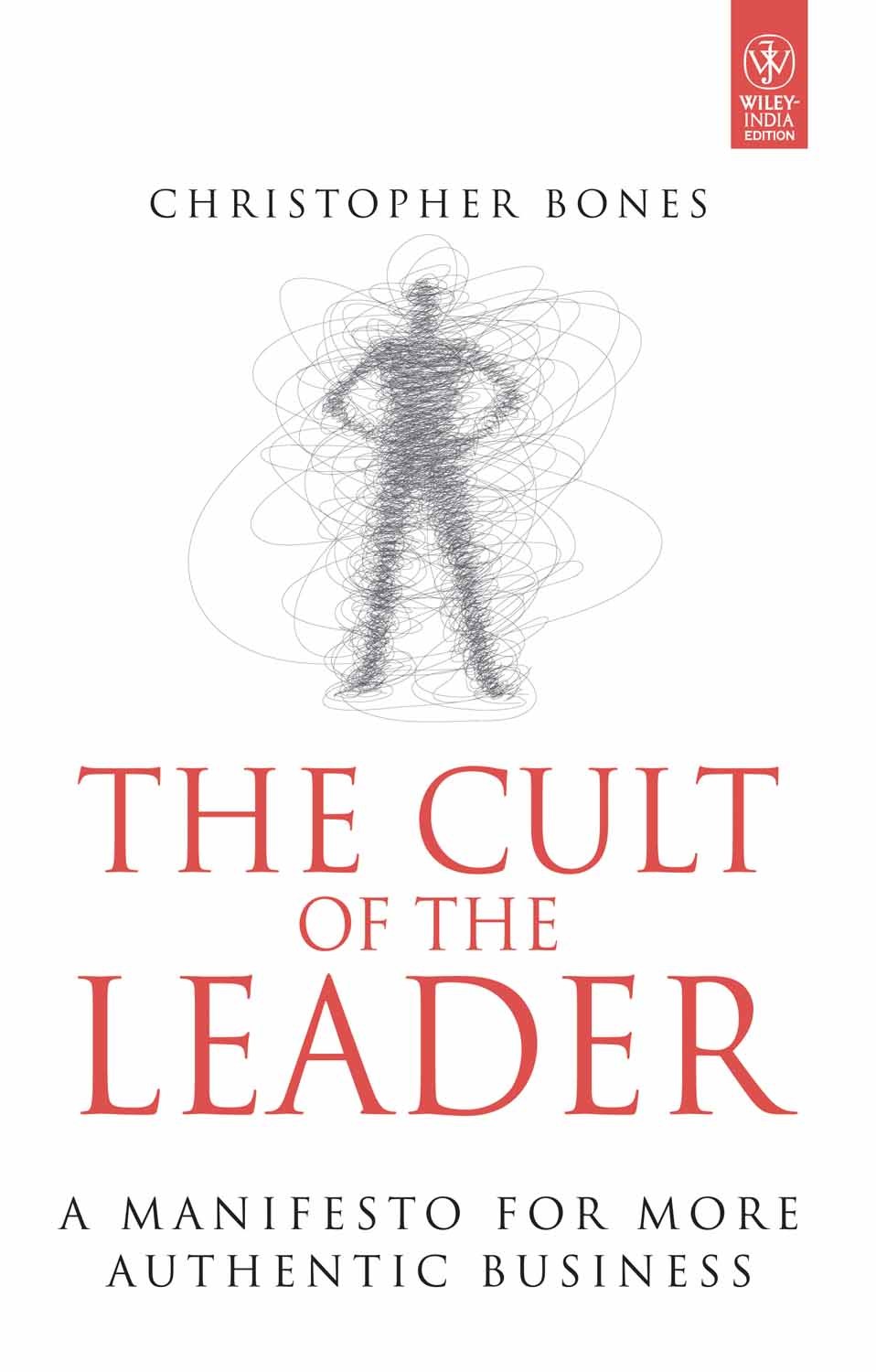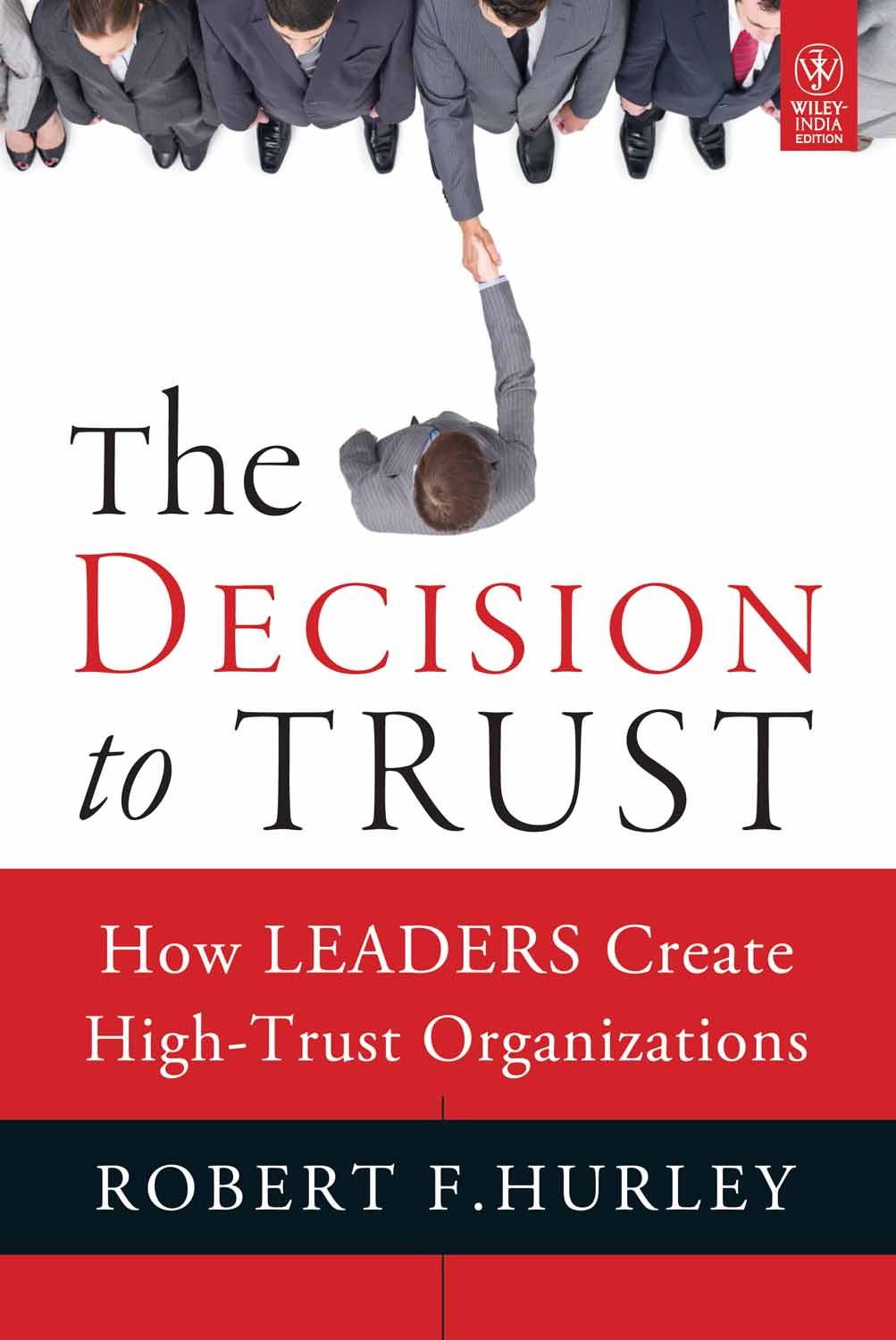Subhash Chandra Bose
By Hugh Toye(Author)
Publisher : Jaico Publishing House
Publisher Address : A 2, Jash Chambers, 7 A, Sir P M Road, Fort, Opposite Reserve Bank Of India, Mumbai - 400010
Publisher Website : http://www.jaicobooks.com/
Publisher Email : [email protected]
Published Date : N/A
Category
Administration / Leadership
City/Country
Mumbai/India
ISBN 10
81-7224-401-0
ISBN 13
N/A
Edition Number
N/A
Book Description
Hugh Toye’s study of Subhash Chandra Bose is valuable on three counts: as a history of a little known facet of World War II, as a study in Anglo-Indian relations over a vital period, and as a study of the new kind of leaders in Asia. The story of Bose’s life is of absorbing interest, and the author makes him live in all his idealism, fiery nationalism, political astuteness and overriding arrogance. But more important are its implications, which must make the reader seriously rethink the role of European-Asian relations and, in rethinking, arrive at a better understanding of what is happening now and what may happen.
Other books in this category
